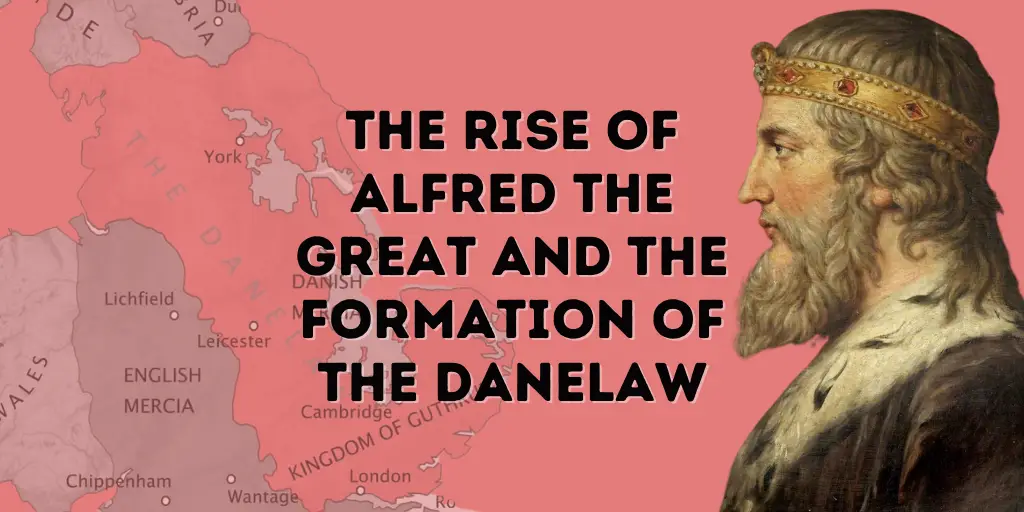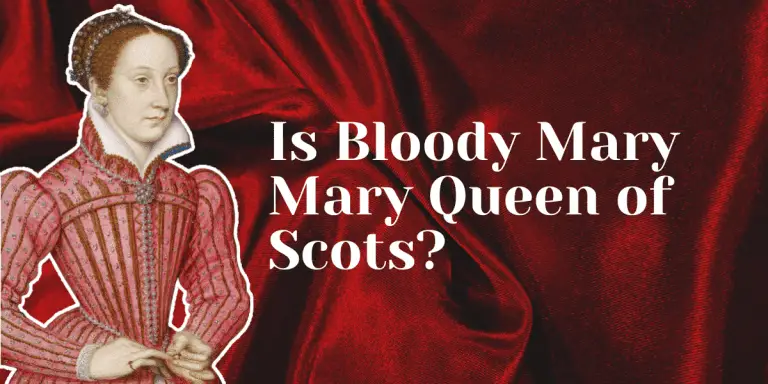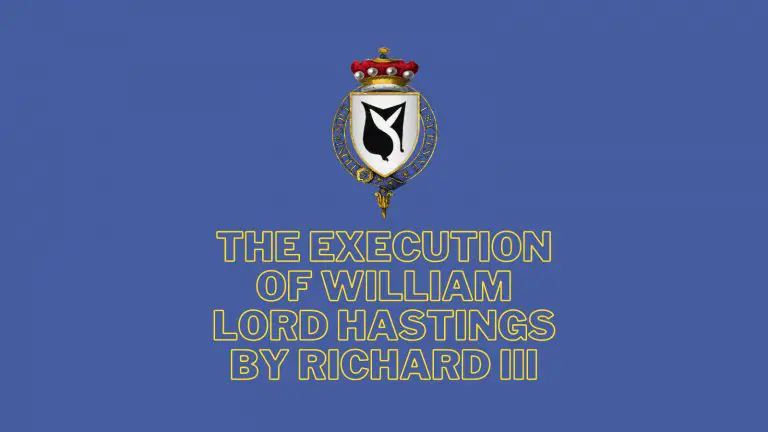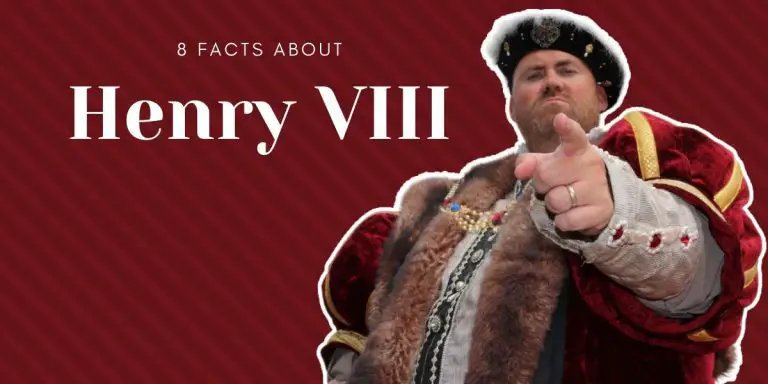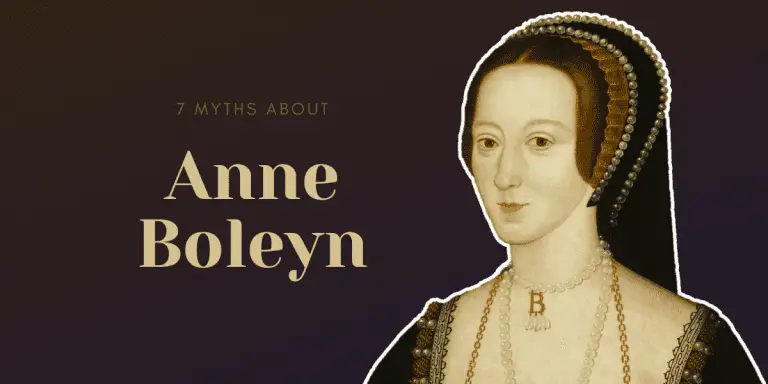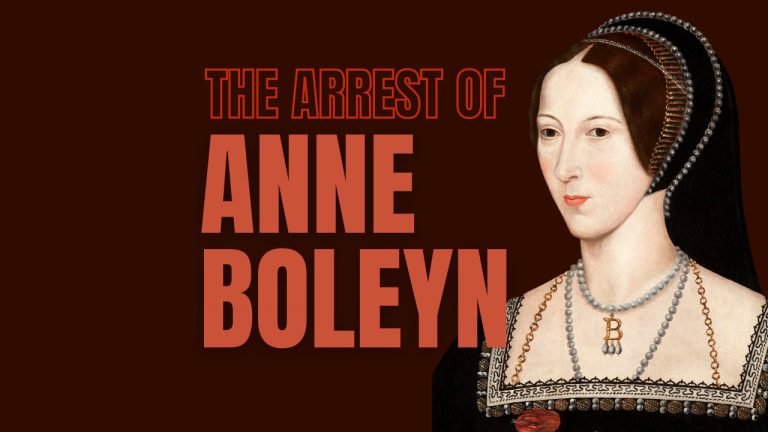The rise of Alfred the Great and the Formation of the Danelaw
Who was Alfred the Great? What was the Danelaw? And why were burnt cakes important?
We need to go back in time, to when England didn’t even exist as a country. Instead, there were seven kingdoms: Northumbria, Mercia, East Anglia, Essex, Kent, Sussex, and Wessex. These were known as the Heptarchy.
In this video, Henry tells the whole story of Alfred the Great and his role in the formation of the Danelaw. If you would prefer to read instead. then scroll down.
[/et_pb_text][/et_pb_column][/et_pb_row][et_pb_row _builder_version=”4.7.7″ _module_preset=”default”][et_pb_column _builder_version=”4.7.7″ _module_preset=”default” type=”4_4″][et_pb_video src=”https://www.youtube.com/watch?v=jySRFl_lGD4&t=159s” _builder_version=”4.7.7″ _module_preset=”default” hover_enabled=”0″ sticky_enabled=”0″][/et_pb_video][/et_pb_column][/et_pb_row][et_pb_row _builder_version=”4.7.7″ _module_preset=”default”][et_pb_column _builder_version=”4.7.7″ _module_preset=”default” type=”4_4″][et_pb_text _builder_version=”4.7.7″ _module_preset=”default” hover_enabled=”0″ sticky_enabled=”0″ header_text_color=”#7e0f82″ header_2_text_color=”#7e0f82″]The Invasion of the Great Heathen Army
[/et_pb_text][/et_pb_column][/et_pb_row][et_pb_row _builder_version=”4.7.7″ _module_preset=”default”][et_pb_column _builder_version=”4.7.7″ _module_preset=”default” type=”4_4″][et_pb_text _builder_version=”4.7.7″ _module_preset=”default” text_font_size=”15px” hover_enabled=”0″ sticky_enabled=”0″]In AD 865, a great army from Denmark invaded the kingdom of East Anglia.
Viking raids were nothing unusual. It had been almost one hundred years since the attack on Holy Island. Ever since the anglo-saxons inhabiting villages along the English coastline had lived in fear of spotting dragon ships on the horizon.
But this Viking invasion was something a little different.
It was lead by the sons of the famous Viking warrior Ragnar. These sons were called Halfdan, Ivor the Boneless, and a man named Ubba.
The brothers were bringing their army not to raid and plunder. They wanted two things:
Firstly, vengeance for their father. When he attacked England, he was captured and thrown to his death in a pit of deadly snakes by the King of Northumbria. Ragnar’s sons wanted revenge.
Secondly, they had come to stay. With its green fields, fertile farming pastures and lack of defence, England was a perfect opportunity to build a new way of life.
The great anglo-saxon chronicle written at the time described the brother’s forces as “The Great Heathen Army.” They probably numbered less than 2000 men.
[/et_pb_text][/et_pb_column][/et_pb_row][et_pb_row _builder_version=”4.7.7″ _module_preset=”default”][et_pb_column _builder_version=”4.7.7″ _module_preset=”default” type=”4_4″][et_pb_text _builder_version=”4.7.7″ _module_preset=”default” hover_enabled=”0″ sticky_enabled=”0″ header_2_text_color=”#7e0f82″]The Great Heathen Army’s Deal
[/et_pb_text][/et_pb_column][/et_pb_row][et_pb_row _builder_version=”4.7.7″ _module_preset=”default”][et_pb_column _builder_version=”4.7.7″ _module_preset=”default” type=”4_4″][et_pb_text _builder_version=”4.7.7″ _module_preset=”default” text_font_size=”15px” hover_enabled=”0″ sticky_enabled=”0″]They landed in the kingdom of East Anglia, where understandably, the King panicked. He did what most wise leaders would have done. He paid them off. He agreed to provide them with horses if they didn’t start killing everyone.
Surprisingly the Vikings agreed. They stayed for the length of winter in East Anglia before setting out for Northumbria. The Northumbrian’s could do nothing against the invaders, and the Vikings emerged victorious, killing the Northumbrian King by flaying.
Over the next few years, anglo-saxon kingdom after anglo-saxon kingdom fell to the power and might of the Great Heathen Army.
Finally, just one Kingdom in England remained. The rich and powerful kingdom of Wessex. Wessex had a new, young, inexperienced king on the throne….called Alfred.
It wasn’t long before the Vikings attention turned to Alfred and the riches of Wessex.
[/et_pb_text][/et_pb_column][/et_pb_row][et_pb_row _builder_version=”4.7.7″ _module_preset=”default”][et_pb_column _builder_version=”4.7.7″ _module_preset=”default” type=”4_4″][et_pb_text _builder_version=”4.7.7″ _module_preset=”default” header_2_text_color=”#7e0f82″ hover_enabled=”0″ sticky_enabled=”0″]The attack on Wessex
[/et_pb_text][/et_pb_column][/et_pb_row][et_pb_row _builder_version=”4.7.7″ _module_preset=”default”][et_pb_column _builder_version=”4.7.7″ _module_preset=”default” type=”4_4″][et_pb_text _builder_version=”4.7.7″ _module_preset=”default” text_font_size=”15px” hover_enabled=”0″ sticky_enabled=”0″]The Great Heathen Army spent the winter of 874 in Repton, the ancient capital of Mercia, right in the very middle of England.
By this time, only Halfdan remained in England. Ubba had returned home to Denmark. Ivar the Boneless was dead, possibly killed in the battle that finally captured Repton for the Danes.
In the spring, Halfdan took half of the troops back to York, where they permanently settled.
The second half was now under the command of a young, ambitious leader called Guthrum. They headed south for the riches of Wessex.
In 875, they took the town of Wareham in Wessex.
Alfred had no interest in a fight. Alfred was more interested in books, learning and worshipping God than leading his troops in battle. He also suffered from bad stomach pains that would often leave him in bed for days.
So Alfred did what so many kings in England had done in the past. He paid Guthrum to go away.
This type of payment was called Danegeld, and essentially it was translated to mean Danish Gold.
The two sides exchanged a few hostages for good measure, and off Guthrum and his troops went.
But Guthrum thought that this payment from Alfred was rather good. Instead of leaving Wessex, he slaughtered his hostages in the dead of night and headed for the town of Exeter, which they took without much problem.
Once again, a deal was struck for some Danegeld, and this time Guthrum lead his forces out of Wessex into Mercia.
[/et_pb_text][/et_pb_column][/et_pb_row][et_pb_row _builder_version=”4.7.7″ _module_preset=”default”][et_pb_column _builder_version=”4.7.7″ _module_preset=”default” type=”4_4″][et_pb_text _builder_version=”4.7.7″ _module_preset=”default” header_2_text_color=”#7e0f82″ hover_enabled=”0″ sticky_enabled=”0″]Alfred the Great’s Escape
[/et_pb_text][/et_pb_column][/et_pb_row][et_pb_row _builder_version=”4.7.7″ _module_preset=”default”][et_pb_column _builder_version=”4.7.7″ _module_preset=”default” type=”4_4″][et_pb_text _builder_version=”4.7.7″ _module_preset=”default” text_font_size=”15px” hover_enabled=”0″ sticky_enabled=”0″]But Guthrum didn’t give up on his idea of taking Wessex, and he studied his young rival. He was surprised at how pious Alfred was and how he never missed church. The Vikings, of course, were pagans and believed in numerous gods. Guthrum thought this might be a weakness he could exploit.
At Christmas, in the year 878, Guthrum and his men struck. They attacked the Royal Stronghold of Chippenham. They knew that many people would have been drunk after celebrating the festive season a little too hard. Others, especially the crucial leaders in Alfred’s household, would have been in church.
It was a massacre.
The attack was completely unexpected.
However, when the bodies were searched after the Viking victory, there was no sign of Alfred. Somehow he had managed to escape with his family and a small number of loyal men.
He retreated to the Somerset marshes where he could hide.
[/et_pb_text][/et_pb_column][/et_pb_row][et_pb_row _builder_version=”4.7.7″ _module_preset=”default”][et_pb_column _builder_version=”4.7.7″ _module_preset=”default” type=”4_4″][et_pb_text _builder_version=”4.7.7″ _module_preset=”default” header_2_text_color=”#7e0f82″ hover_enabled=”0″ sticky_enabled=”0″]Alfred the Great and the legend of the burnt cakes
[/et_pb_text][/et_pb_column][/et_pb_row][et_pb_row _builder_version=”4.7.7″ _module_preset=”default”][et_pb_column _builder_version=”4.7.7″ _module_preset=”default” type=”4_4″][et_pb_text _builder_version=”4.7.7″ _module_preset=”default” text_font_size=”15px” hover_enabled=”0″ sticky_enabled=”0″]Legend has it while in the marshes, a kindly peasant woman offered Alfred shelter. She told him to keep watch on the cakes she was baking on the fire. Alfred was lost in thought, worrying about the apparent loss of his kingdom to Guthrum. And he allowed the cakes to burn in the fire. On her return, the peasant woman scolded Alfred for his stupidity – she, of course, had no idea that he was King.
Alfred and his small band of men constructed a small fort in the marshes. And from here, they organised resistance against the Viking invaders. Slowly news of Alfred’s survival reached all the corners of Wessex. He sent word to his people to meet him on Edbert’s Stone at Whitsuntide.
They came in their hundreds, and they took the battle to the Vikings.
The Battle of Edington was a brutal affair. Shield wall met shield wall.
Finally, Alfred emerged victoriously, and Guthrum and his remaining men fled back to the safety of Chippenham.
[/et_pb_text][/et_pb_column][/et_pb_row][et_pb_row _builder_version=”4.7.7″ _module_preset=”default”][et_pb_column _builder_version=”4.7.7″ _module_preset=”default” type=”4_4″][et_pb_text _builder_version=”4.7.7″ _module_preset=”default” header_2_text_color=”#7e0f82″ hover_enabled=”0″ sticky_enabled=”0″]The formation of the Danelaw
[/et_pb_text][/et_pb_column][/et_pb_row][et_pb_row _builder_version=”4.7.7″ _module_preset=”default”][et_pb_column _builder_version=”4.7.7″ _module_preset=”default” type=”4_4″][et_pb_text _builder_version=”4.7.7″ _module_preset=”default” text_font_size=”15px” hover_enabled=”0″ sticky_enabled=”0″]But Alfred wasn’t in the mood to allow this. He took up siege positions outside the town and prepared to starve them out. Two weeks later, the Danes begged for peace.
This time Alfred wasn’t going to offer them gold. He had been stung twice before. Instead, he negotiated a deal that ensured they would leave Wessex forever.
He entered a final clause in the deal. The Vikings would only be allowed to leave the town if Guthrum himself became baptised.
With no option, Guthrum agreed.
Alfred acted as Guthrum’s godfather at the service. Guthrum’s Christian name was given as Athelstan.
The terms of the deal were clear. They basically divided England in two.
An expanded Wessex to the South until the control of Alfred the Great.
In the north above the Thames and Watling Street was Guthrum’s Kingdom. An area that became known as The Danelaw.
The Danelaw was the area of Danish rule in England.
[/et_pb_text][/et_pb_column][/et_pb_row][/et_pb_section]